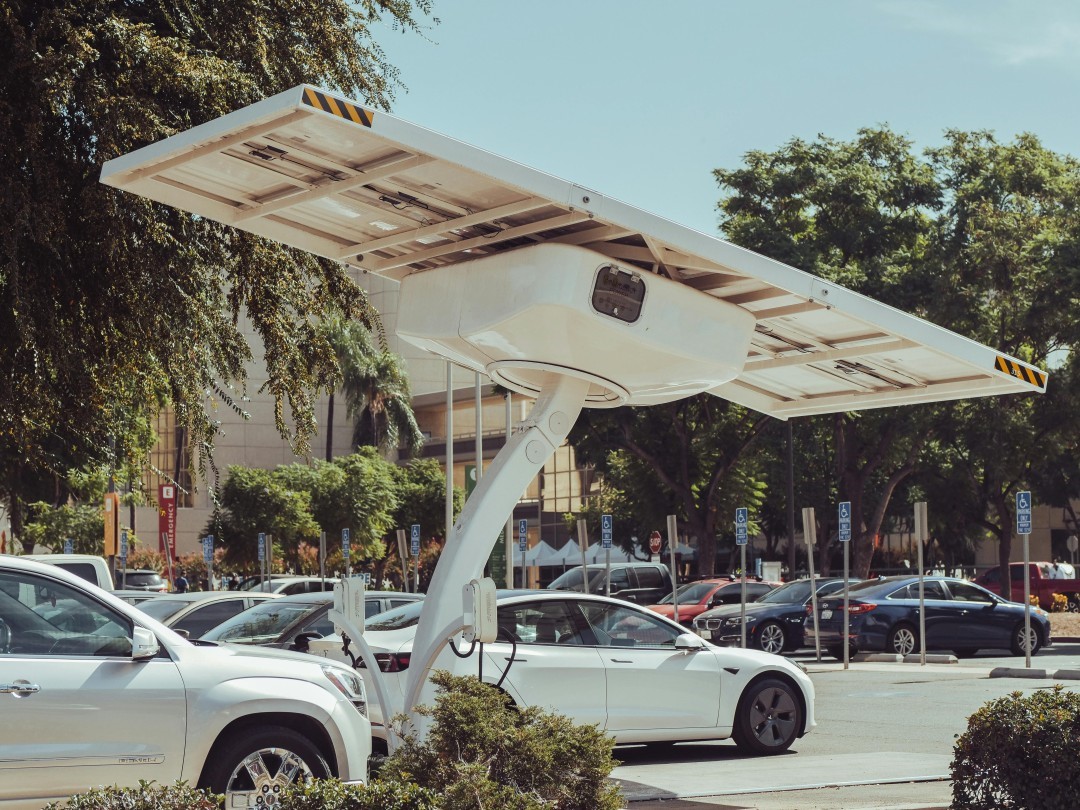In the rapidly advancing landscape of electric vehicles (EVs) and smart charging solutions, the standardization of charging protocols has emerged as a critical but complex challenge. As the adoption of EVs continues to surge, the need for a unified and standardized approach to EV smart charging protocols becomes paramount. In this article, we explore the challenges associated with standardization and propose solutions to foster a more seamless and interoperable EV charging ecosystem.
The Current Landscape of EV Smart Charging Solutions
The growth of the EV market has led to a diverse range of EV smart charging solutions, each developed by different manufacturers and service providers. While this diversity offers consumers various options, it has also created a fragmented landscape with multiple proprietary charging protocols. Standardization becomes imperative to ensure interoperability, enhance user experience, and facilitate the widespread adoption of EVs.
Challenges in Standardizing EV Smart Charging Protocols
1. Divergent Protocols and Interfaces:
The lack of a standardized protocol has led to a proliferation of proprietary charging protocols and interfaces. This diversity poses challenges for EV owners, as they may encounter compatibility issues when trying to charge their vehicles at different charging stations.
2. Interoperability Concerns:
The absence of standardized protocols hampers interoperability between charging stations and EVs. This lack of interoperability restricts users from seamlessly accessing and utilizing different charging networks, limiting the convenience of EV ownership.
3. EV Charging Business Management Complexity:
Businesses involved in the EV charging infrastructure face challenges in managing diverse charging solutions. Operating and maintaining multiple protocols require additional resources, leading to increased complexity and costs for EV charging businesses.
4. EV Charging Energy Management:
Standardizing EV charging protocols is not just about physical connections; it also involves streamlining energy management systems. Different protocols may have varying levels of efficiency, making it challenging to optimize energy usage across diverse charging networks.
Solutions to Standardize EV Smart Charging Protocols
1. Industry Collaboration and Standards Development:
Collaborative efforts within the EV industry are crucial for establishing common standards. Industry stakeholders, including automakers, charging infrastructure providers, and regulatory bodies, must collaborate to develop and adopt standardized protocols. Initiatives such as the Open Charge Point Protocol (OCPP) and the ISO 15118 standard for plug and charge are steps in the right direction.
2. Regulatory Support:
Governments and regulatory bodies play a pivotal role in promoting standardization. Encouraging policies that incentivize the adoption of common charging protocols can drive the industry toward a more cohesive and user-friendly EV charging ecosystem.
3. Open-Source Solutions:
Open-source initiatives can contribute significantly to standardization efforts. By making certain charging protocols open-source, developers and manufacturers can work together to refine and improve the protocols collaboratively. This approach fosters innovation and accelerates the establishment of universal standards.
4. Incentives for Upgrading Infrastructure:
Governments can provide incentives for upgrading existing charging infrastructure to comply with standardized protocols. Financial incentives or tax benefits can encourage businesses to invest in the necessary upgrades, ultimately promoting a more standardized and user-friendly charging environment.
5. Integration of EV Charging Energy Management:
Standardization efforts should not only focus on physical connections but also on energy management systems. Ensuring consistency in how charging stations manage energy will lead to improved efficiency and a more sustainable approach to EV charging.
Conclusion
The challenges associated with standardizing EV smart charging protocols are complex, but the solutions are within reach through collaborative efforts, regulatory support, and technological innovation. A standardized EV charging ecosystem is not only essential for the convenience of EV owners but also for the growth and sustainability of the entire electric vehicle industry. As we continue to witness advancements in EV technology, addressing these challenges will pave the way for a more interconnected and user-friendly future in the world of EV smart charging solutions.


